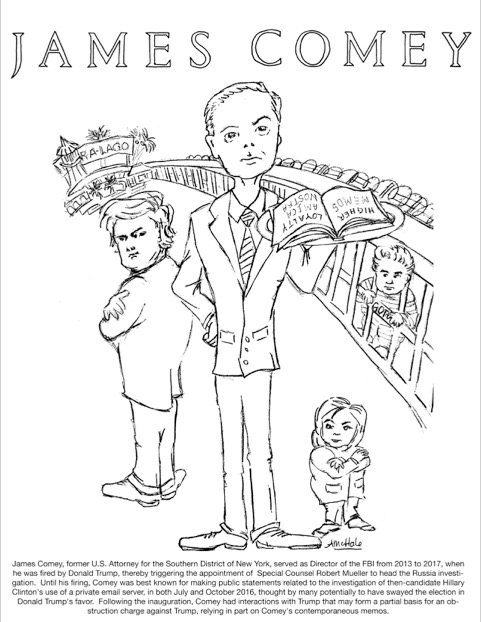The Ontology of Sovereign Immunity
by Michael Dorf Last week's SCOTUS ruling in Upper Skagit Indian Tribe v. Lundgren resolved nearly nothing. The Court vacated and remanded a ruling of the Washington Supreme Court for reconsideration of the question whether the defendant American Indian tribe had sovereign immunity, without the impediment of a misunderstanding of prior SCOTUS precedent under which the state court had previously labored. Yet as I explain in my latest Verdict column , the case is potentially important because of arguments made in a concurring opinion by Chief Justice Roberts, joined by Justice Kennedy--arguments which, if taken seriously, undercut the basis for state sovereign immunity, as well as various other doctrines. To oversimplify, the Chief Justice's concurrence strongly suggests that tribal sovereign immunity and its exceptions should not be constructed in a way that denies claimants whose substantive rights have been violated any effective remedy. That principle is sound, ...



